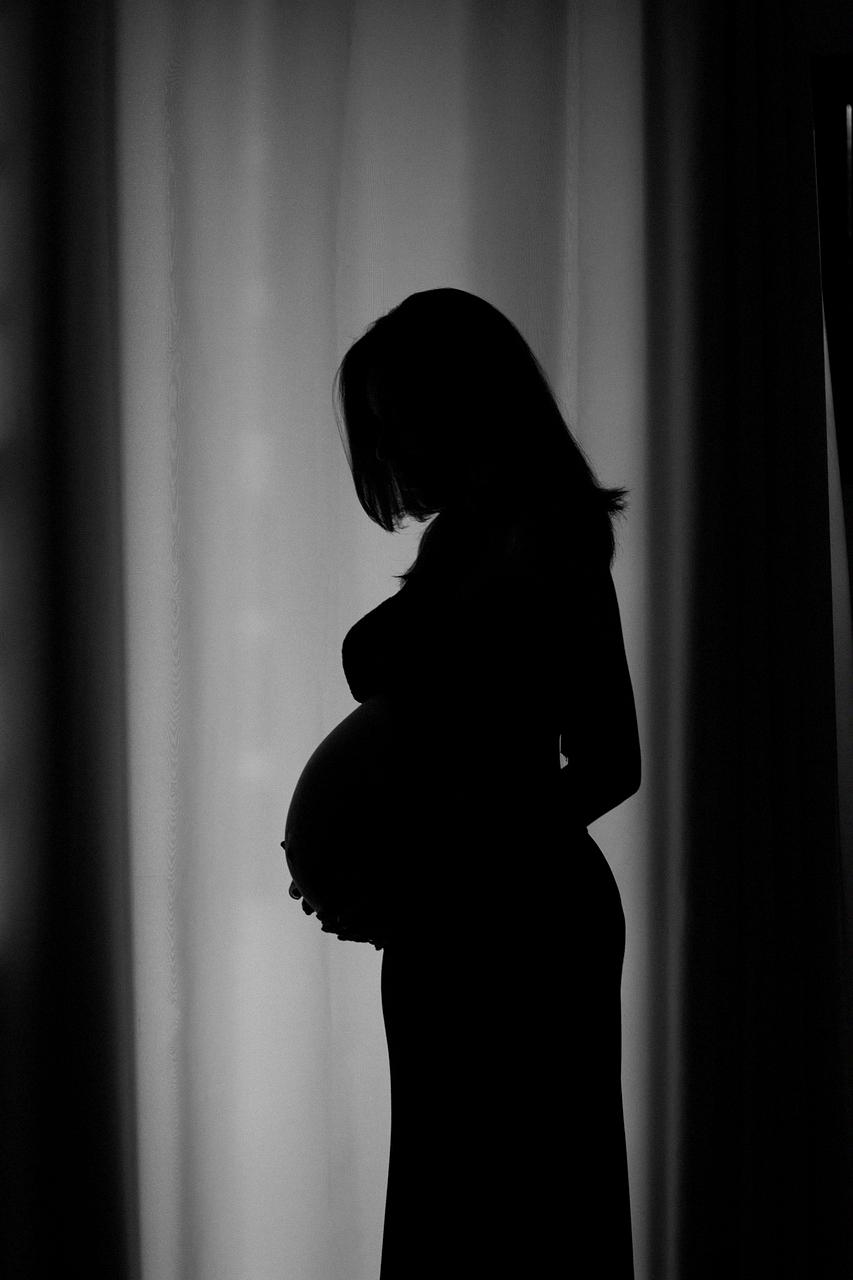When it comes to taking lorazepam during pregnancy, there are some important considerations to keep in mind. The safety of any medication during pregnancy is a crucial concern for both the mother and the developing fetus. Throughout pregnancy, women may experience anxiety, panic attacks, or other mental health conditions that require treatment with medications like lorazepam.
Studies have shown that taking lorazepam during the first trimester of pregnancy could potentially pose some risks to the developing fetus. The product label for lorazepam typically advises against its use in the first trimester due to these concerns. It is essential for pregnant individuals to have an open and honest conversation with their healthcare providers to weigh the potential risks and benefits of taking lorazepam during pregnancy.
Despite the caution surrounding lorazepam use in the first trimester, there may be situations where the benefits of taking the medication outweigh the potential risks. If a pregnant individual struggles with severe anxiety or panic disorder that significantly impacts their daily functioning, their healthcare provider may determine that the benefits of continuing lorazepam treatment outweigh the possible risks to the fetus.
It is crucial for pregnant individuals to work closely with their healthcare providers to monitor their health and the health of their developing fetus while taking lorazepam. Regular prenatal check-ups and discussions with healthcare providers can help ensure that any potential risks are closely monitored and managed throughout the pregnancy.
Women who are considering taking lorazepam during pregnancy should also explore alternative treatment options whenever possible. Non-pharmacological interventions, such as therapy, relaxation techniques, and lifestyle modifications, may help manage anxiety and panic symptoms during pregnancy without the use of medications like lorazepam.
It’s important to remember that every pregnancy is unique, and the decision to take lorazepam should be made on a case-by-case basis with the guidance of healthcare providers. By openly discussing concerns, risks, and benefits with their healthcare team, pregnant individuals can make informed decisions about their treatment plan that prioritize the health and well-being of both themselves and their baby.
Ultimately, the safety of taking lorazepam during pregnancy is a complex issue that requires careful consideration and individualized decision-making. While there may be potential risks associated with using lorazepam during pregnancy, there are also instances where the benefits of treatment may outweigh these risks for some individuals.
It is essential for pregnant individuals to be fully informed about the potential risks and benefits of taking lorazepam during pregnancy. With the guidance of their healthcare providers, pregnant individuals can weigh these factors and make the best decision for their unique situation and circumstances.
By staying informed, engaging in open communication with healthcare providers, and closely monitoring their health throughout pregnancy, individuals can make informed decisions about the use of lorazepam and other medications during pregnancy, ensuring the best possible outcomes for both themselves and their developing baby.
In conclusion, while the safety of taking lorazepam during pregnancy is a topic that requires careful consideration and discussion, with the guidance of healthcare providers and careful monitoring, some individuals may find that the benefits of using lorazepam outweigh the potential risks. Open communication, regular check-ups, and exploring alternative treatment options are crucial components of making informed decisions about medication use during pregnancy.

